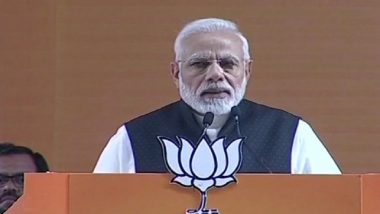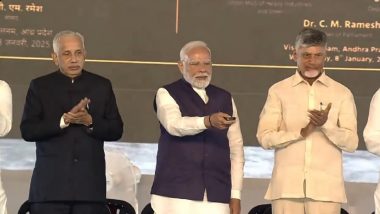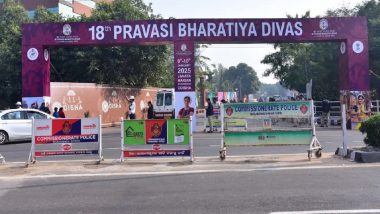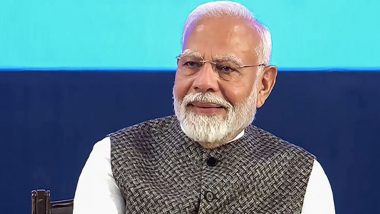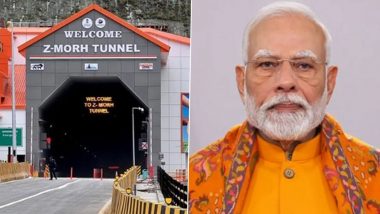New Delhi, January 29: With Rahul Gandhi throwing down the gauntlet at the ruling BJP dispensation saying that he will usher in a minimum income guarantee scheme if he comes to power, Prime Minister Narendra Modi may be compelled to roll out a Universal Basic Income scheme for the poorest of the poor. With both sides of the bipolar divide getting sharpened, BJP may now have to launch a pilot project through the mechanism of the budget. While it is still not clear who the actual beneficiaries will be and what the threshold levels will be, it is clear that the government is willing to tweak its fiscal math, optics in the run up to the polls being paramount.
The 2016-17 Economic Survey had clearly indicated a proposed income support for the bottom 75 per cent. The question is how the government will balance its financial equilibrium given that food subsidy is close to Rs 1,70,000 crore while MNREGA is an additional Rs 55,000 crore. Fiscal deficit breach is unsustainable at this precise moment in our journey to achieve financial equilibrium. Budget 2019: After Rahul Gandhi's Minimum Basic Income Promise, ex-CEA Arvind Subramanian Advises Modi Govt to Launch Scheme to Tackle Farm Crisis.
We cannot build a new India while millions of our brothers & sisters suffer the scourge of poverty.
If voted to power in 2019, the Congress is committed to a Minimum Income Guarantee for every poor person, to help eradicate poverty & hunger.
This is our vision & our promise.
— Rahul Gandhi (@RahulGandhi) January 28, 2019
An estimated support of Rs 6,540 crore-Rs 7,620 crore is on the anvil if the government goes ahead with UBI. The UPA had rolled out UBI as a pilot project across 8 villages in Madhya Pradesh as far back as 2011-12. The big question remains how many districts will form a part of this new pilot project once it is announced in the budget. Lok Sabha Elections 2019: Mayawati Takes Swipe at Rahul Gandhi’s ‘Minimum Income Guarantee’ Promise, Questions If It's Another ‘Jumla’.
Equally, will it be for those people designated below the poverty line, will individuals or households be the targeted beneficiaries? And of course most importantly, one cannot have food subsidy and UBI running in parallel, it can only be one or the other. In India, a rapid expansion of direct cash transfers linked to the national biometric database and small basic income experiments has galvanized an extensive debate on a UBI.
Carnegie India reckons supporters' claim that no-strings-attached payments will be an effective antidote to India's underperforming anti-poverty programmes and leaky, distortionary subsidies. Critics worry that they will undermine an already-fragile social security architecture, cause workers to drop out of the labour force and encourage wasteful spending.
The pre-budget Economic Survey of 2016-17 provides the most exhaustive treatment thus far of implementing an Indian UBI. It finds that India's largest welfare schemes are poorly targeted; in comparison, it argues that a UBI distributed directly into bank accounts will limit pilferage, be easier to administer, and prove a more effective anti-poverty intervention.
The 2016-17 Economic Survey deserved praise for bringing substantial rigour to the debate, thrusting an UBI into the national spotlight and prudently concluding that the time has not yet come for implementation. However, should future Indian policymakers wish to implement a UBI, the survey's central design features offer a weak foundation. If enacted upon without deeper analysis, debate, or sufficient evidence demonstrating improvement in development outcomes, the Economic Survey's blueprint for an Indian UBI will produce underwhelming results.
(The above story first appeared on LatestLY on Jan 29, 2019 05:49 PM IST. For more news and updates on politics, world, sports, entertainment and lifestyle, log on to our website latestly.com).



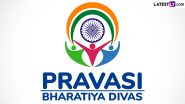









 Quickly
Quickly








